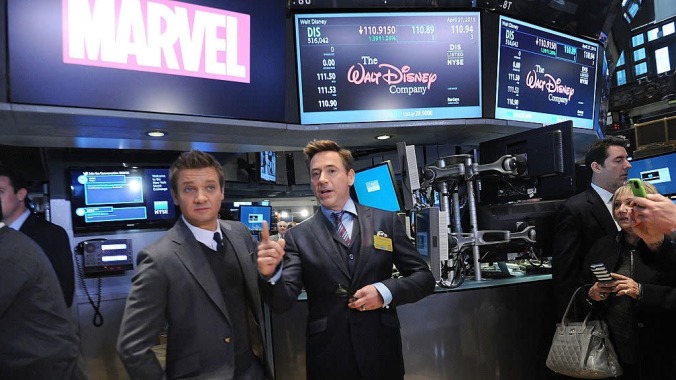Read this: How nerds became bullying PR stooges for the Marvel monoculture

Over the past months, there’s been no shortage of discussion on the artistic and cultural merit of superhero movies and the Marvel Cinematic Universe (MCU) in particular. Having watched fans (and MCU actors and execs) aggressively defend these enormously successful films’ good names against the negative opinions of completely unqualified “directors” like Martin Scorsese, knowing that any public figure who just says they don’t like these kind of movies is up for at least a short stay in the lower circles of outcry hell, the end of 2019 seems like as good a time as any to reflect back on how exactly we ended up in this situation.
An essay by Alex Pappademas, published as part of Medium’s ongoing collection of articles reflecting on the past decade, does a great job of summarizing how comic book movies gained cultural ascendancy and why, just maybe, the attitude of the genre’s biggest fans should worry us. Tracking “superhero culture’s evolution from nerd culture to monoculture,” Pappademas explains how unlikely it used to seem that the “interconnectedness” of Marvel comics could translate to the screen with such incredible results and end up fostering fans who, in their furious reaction to Scorsese’s criticisms, created “a seismic shift in the way pop-genre entertainment’s partisans talk about it.”








































